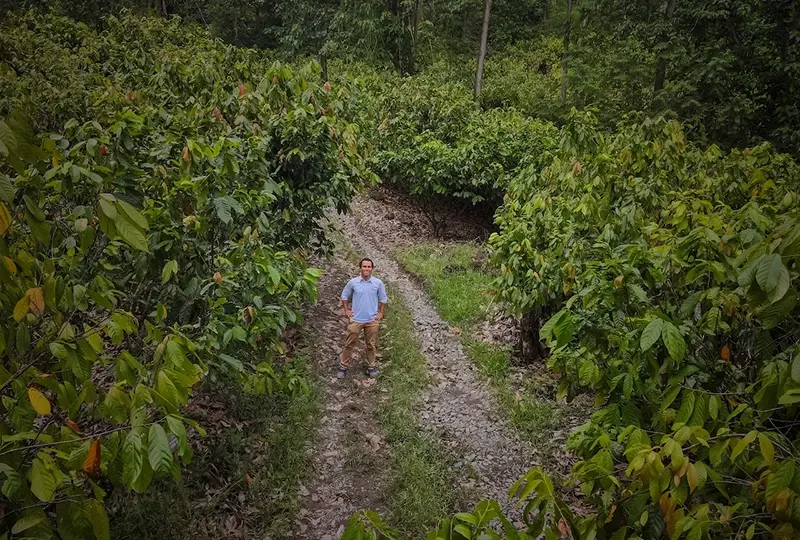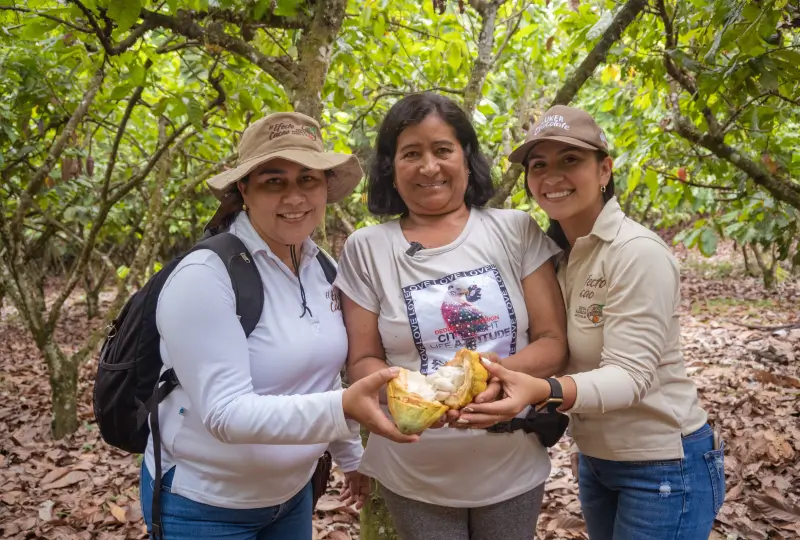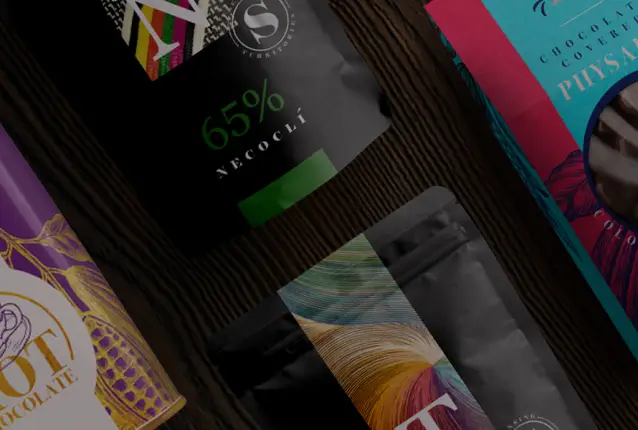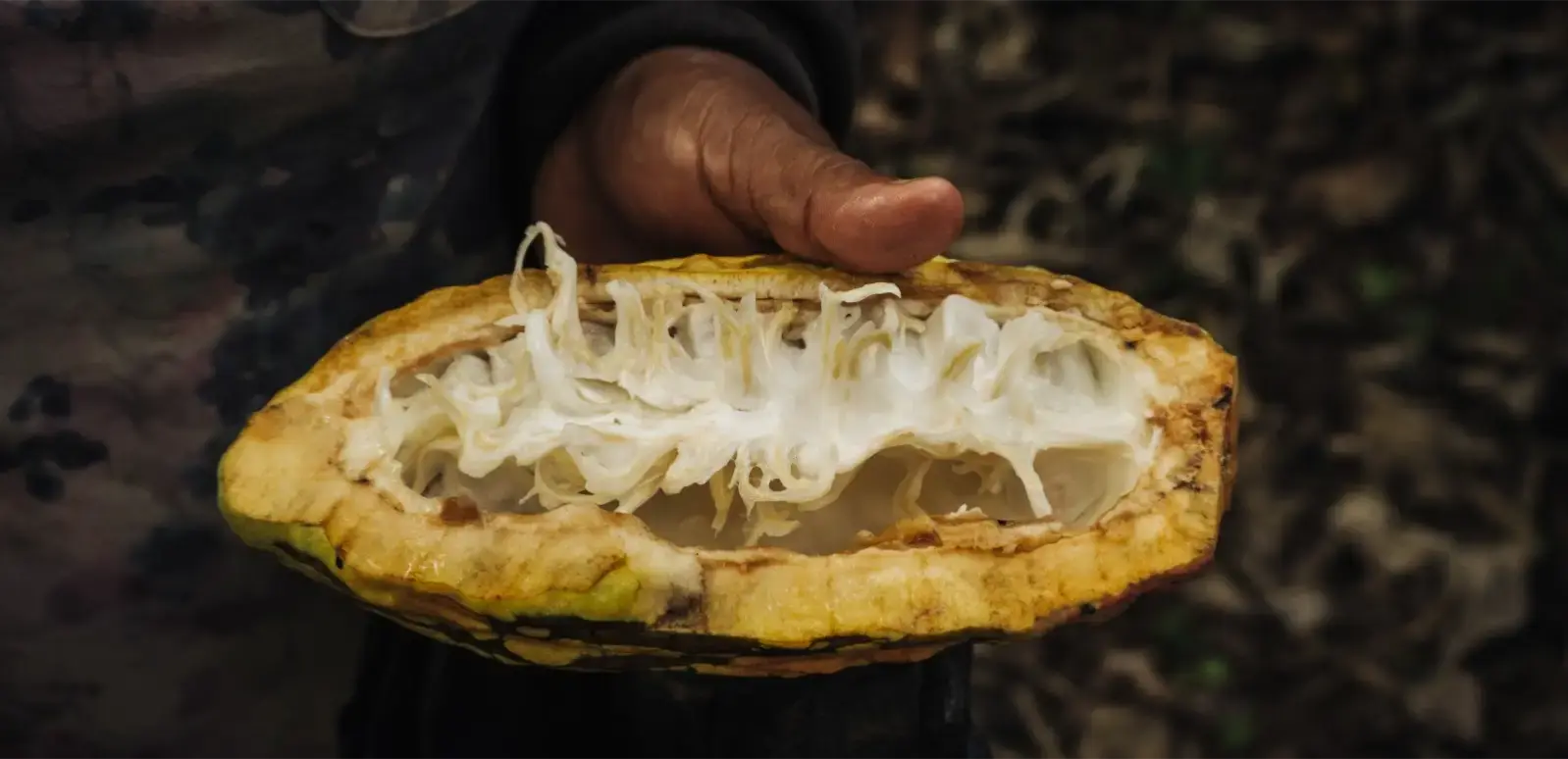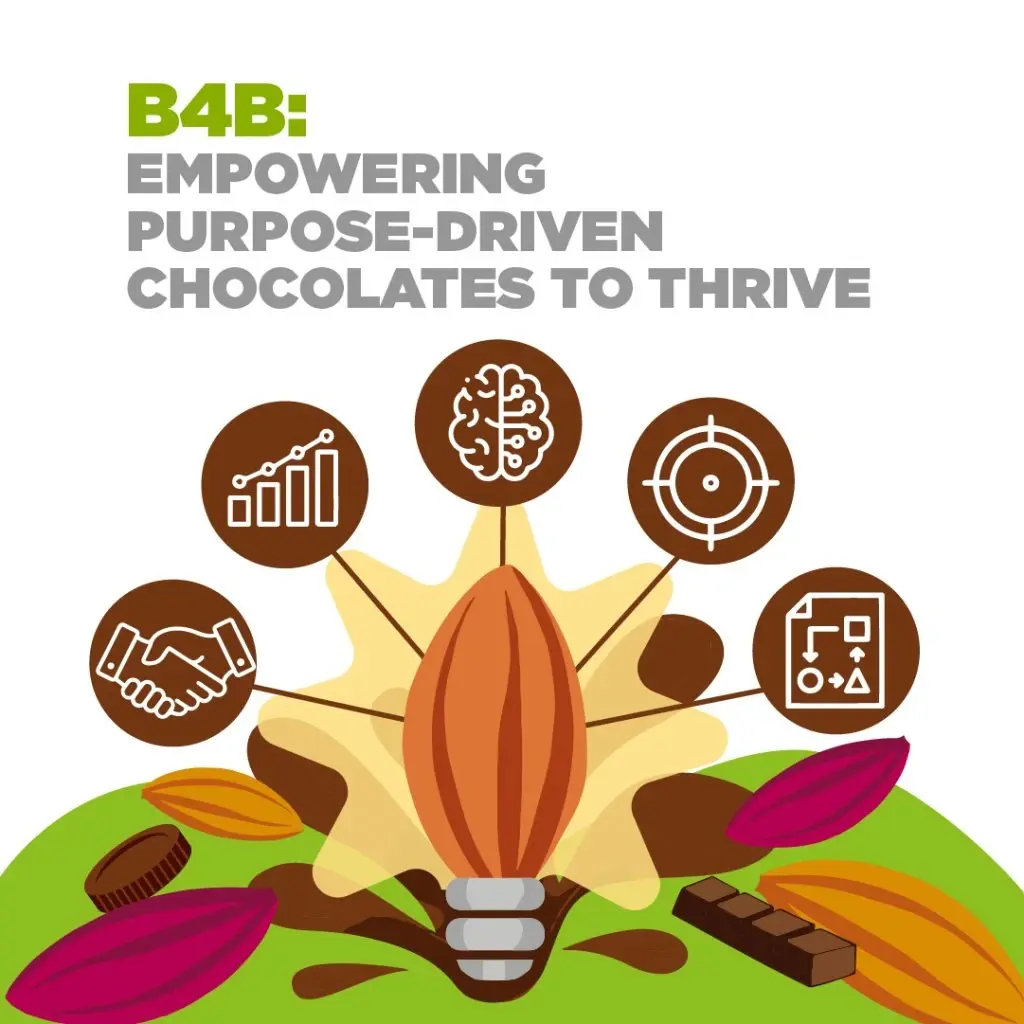Challenger brands grapple with a fiercely competitive market saturated with competitors vying for attention.
They must navigate shifting consumer preferences, supply chain complexities, and production scaling while expanding distribution, managing finances, and complying with regulations.
Successfully managing multiple business bits at once is an insurmountable challenge.
Building a strong team and maintaining the brand's identity are vital amid these challenges. Operating on a business-for-business model can help companies tackle these challenges by working collaboratively with partners to achieve business excellence.
Continue reading to learn more about this innovative approach which can skyrocket your brand. Alternatively, click on the topic you would like to know more about:
To stay competitive, you need solid and long-term relationships with your suppliers. Forming solid partnerships helps to tackle these obstacles and achieve continuous growth in a tough industry landscape.
This collaborative approach goes beyond mere transactions and focuses on a deeper understanding of the entrepreneur’s needs, fostering innovation and shared success.
What is business for business (B4B)?
The business-for-business (B4B) model is a customer-centric approach that goes beyond the traditional business-to-business (B2B) mindset. In a B4B model, companies see themselves as partners working for the success of their clients rather than merely providing goods or services to them.
In a B4B partnership, suppliers work closely with entrepreneurs to develop products that align with their vision and market demands, helping them stay ahead of the competition. By offering tailored solutions, suppliers enable brands to adapt to evolving consumer preferences and stand out in a saturated market.
The business-for-business (B4B) approach offers a powerful alternative to the traditional business-to-business (B2B) model, focusing on collaboration, innovation, and a deep understanding of customers' needs.
Why is this approach different from standard manufacturing services?
Maybe, the concept of B4B could sound idealistic, particularly to those more accustomed to traditional transactional business relationships. However, the B4B model has been successfully implemented in numerous companies and has demonstrated its potential for creating long-lasting, mutually beneficial relationships.
Let’s see how this applies to chocolate manufacturing in the industry.
While co-packing and co-manufacturing involve a partnership between a brand and a third-party manufacturer, key differences exist in the scope and depth of the services provided.
In B4B, the manufacturer is responsible for managing the entire production process for the client, from product development to distribution. This comprehensive solution enables clients to concentrate on their core business activities, such as marketing and sales. At the same time, the manufacturer handles the production-related aspects providing a seamless and efficient service and actively contributing to the client's success.
Co-packers and co-manufacturers typically focus on specific aspects of the production process, such as packaging, labelling, or producing the client's product using their established formula. They handle a defined set of tasks based on their agreement with the brand or business owner.
The B4B service offers a comprehensive, end-to-end solution that covers all aspects of the production process, from product development to distribution. This all-inclusive service means brand owners can rely on a single partner for their production needs, simplifying the supply chain and streamlining operations.
What can the B4B model bring to chocolate businesses?
Embracing the B4B approach can bring value to chocolate brands.
- Flexibility and adaptability: suppliers work closely with brand owners to develop products aligning with their vision and values. This creates a sense of pride and personal fulfilment, as the brand represents the entrepreneur's unique story.
- Living the values through business: By fostering collaboration and innovation, B4B partnerships help develop products that embody a dedication to social and environmental responsibility, setting the brand apart in the market.
- Gear and manpower: Comprehensive range of services and flexible, agile operations, entrepreneurs have access to a wide variety of options, allowing them to scale their businesses effectively and efficiently.
- Access to Expertise and Resources: Industry knowledge, technical expertise, and resources help them navigate the complexities of chocolate manufacturing and optimise their production processes. This is only possible with a long-term relationship approach where value generation comes into the middle of the table.

How do we approach B4B to integrate the cocoa value chain fully?
B4B is the descriptor we use to show our commitment to helping companies create purpose-driven products using our chocolate as a tool for change.
As a family-owned company, we stand out for our core values of sustainability, quality and fairness. Rather than simply focusing on maximising profits, we pride ourselves on maintaining responsible business practices that benefit our producers and consumers.
What does it look like?
- Collaborating with our clients to provide a comprehensive production solution and actively supporting their growth, innovation, and overall success. This can include sharing industry insights, chocolate formulation support, consultation, and additional support services tailored to the client's needs.
- Led the charge for sustainable and responsible agricultural practices for the cocoa supply chain at origin.
- Committing to working closely with farmers to ensure responsible agricultural practices are used in farming.
- Caring about equity and fairness in our supply chain. Working closely with suppliers and cocoa producers to meet basic human and labour rights.
- Supporting local economies and fostering sustainable development.
| Hey chocolate explorers! We're thrilled to share our VP's groundbreaking B4B concept in the MIT Sloan Review: Shifting from B2B to B4B Can Build a More Sustainable Business . Dive in and discover the spirit of our transformation! |

In short, the values of sustainability, quality and fairness are the fundamental pillars of Luker Chocolate and make the brand stand out compared to its competitors in the chocolate market. With our commitment to fair and sustainable trade and the focus on exceptional chocolate quality.
Luker’s co-creation process
Our co-creation process is driven by expertise, passion for what we do and emotion. We create our products based on the unique needs of our customers. Our clients are not logos or brands, they are real people with dreams and challenges that we are here to listen to and aid solutions. This process speeds up the co-creation process, saving both time and money for our clients.
We are present at all stages of product development: idea, design, packaging, communication and marketing strategy and distribution channels. As part of the ideation process, we conduct in-depth interviews to understand their challenges, objectives, and the factors influencing their decisions.
Collaboration is one of the pillars of our organisational culture. We work together to understand our customer's needs truly, so we work hand-in-hand with them to develop products based on those needs.













